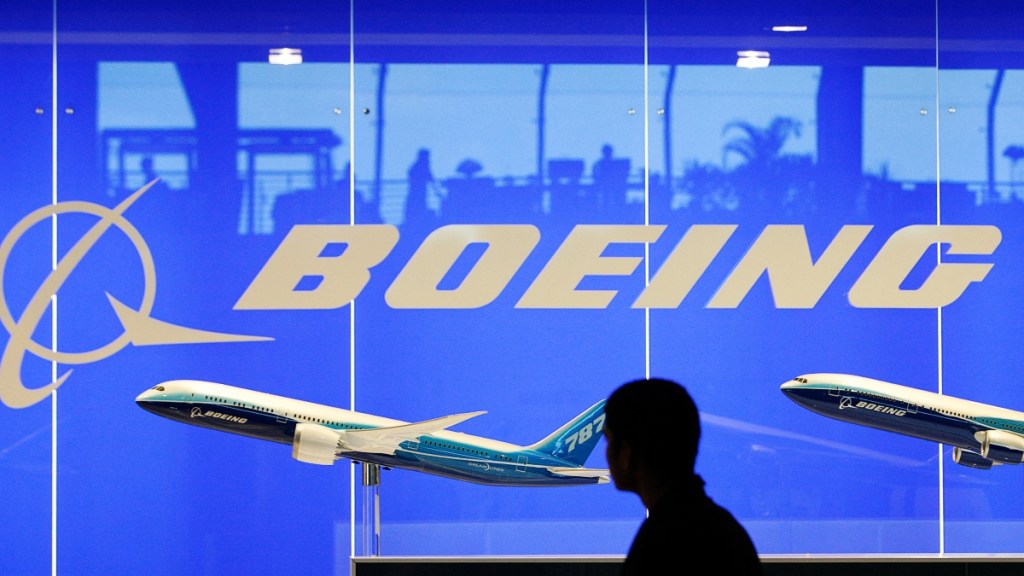Boeing is planning to lay off approximately 10% of its workforce, totalling about 17,000 employees, in response to ongoing financial losses and production setbacks due to a strike that has severely impacted the company’s output. The aerospace giant’s new CEO, Kelly Ortberg, informed staff of the impending layoffs in a memo issued on Friday, October 11, 2024. These cuts will affect workers across the board, including executives, managers, and employees. The company currently employs around 170,000 people globally, with major manufacturing hubs in Washington and South Carolina.
Boeing has been grappling with financial difficulties for several years, having lost over $25 billion since 2019. The company initially imposed rolling furloughs to manage its labour costs, but these will be suspended in light of the planned layoffs. The layoffs come as Boeing also announced delays and changes to its production plans. The rollout of its new 777X jet, initially scheduled for 2025, will now be pushed to 2026. Additionally, Boeing plans to cease production of the cargo version of its 767 aircraft by 2027, after fulfilling current orders.
The financial strain has been compounded by an ongoing strike involving about 33,000 union machinists, who have been on strike since September 14. The machinists’ strike has crippled production of Boeing’s best-selling planes, including the 737 Max, 777, and 767 models. Despite two days of negotiations this week, no deal was reached, and Boeing has since filed an unfair labour practices charge against the International Association of Machinists and Aerospace Workers.
Boeing’s preliminary third-quarter financial results paint a bleak picture. The company reported a cash burn of $1.3 billion for the quarter and a loss of $9.97 per share, far worse than industry analysts had anticipated. Analysts had expected a loss of $1.61 per share, but Boeing’s financial results were hit by several large write-downs, including $2.6 billion related to the 777X delays, $400 million for the 767, and $2 billion tied to its defence and space programs. These include costs associated with new Air Force One jets, a NASA space capsule, and a military refuelling tanker.
As of September 30, Boeing had $10.5 billion in cash and marketable securities. Full third-quarter financial results are scheduled to be released on October 23. The strike has played a significant role in Boeing’s financial troubles, as the company receives a large portion of the payment for its planes upon delivery. The halt in production due to the strike has exacerbated cash flow problems, particularly for the 737 Max, 777, and 767 models, although Boeing is still producing 787s at its nonunion plant in South Carolina.
Ortberg, who became Boeing’s CEO in August, is tasked with steering the troubled company through these turbulent times. He acknowledged the challenges in his memo, noting that Boeing would need to make “structural changes” to remain competitive in the long term. As Boeing continues to face increased scrutiny from regulators, including the Federal Aviation Administration, Ortberg’s leadership will be crucial in determining the company’s future trajectory.
(With Associated Press inputs)

